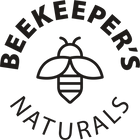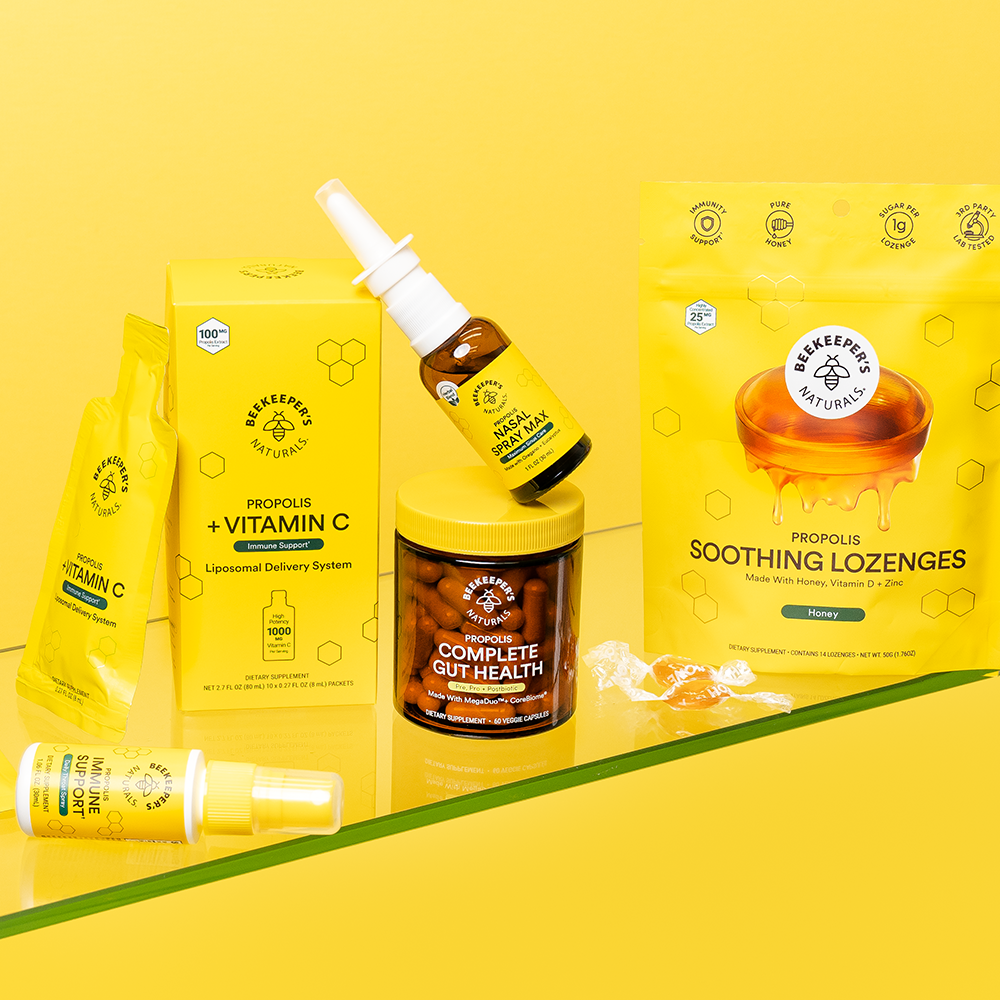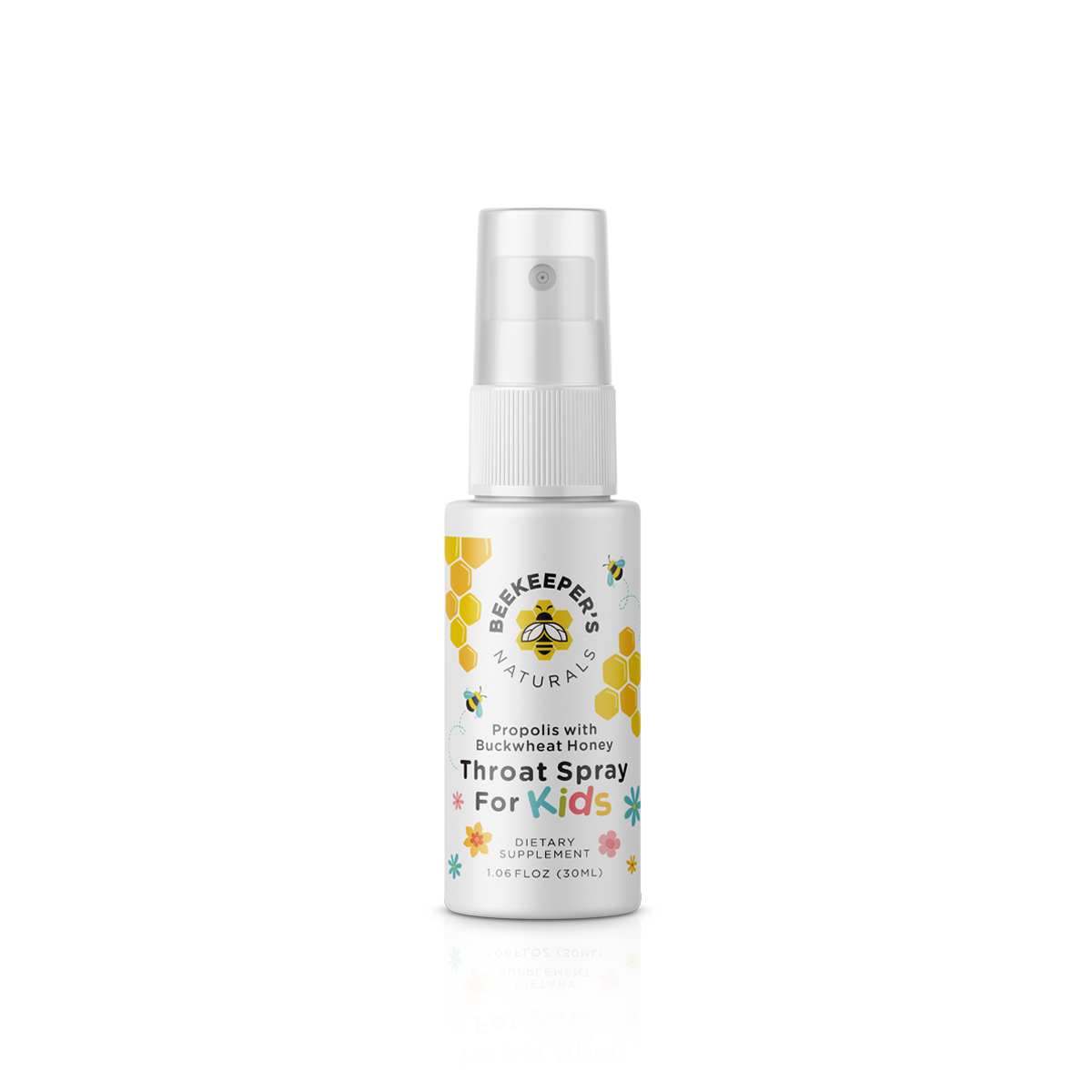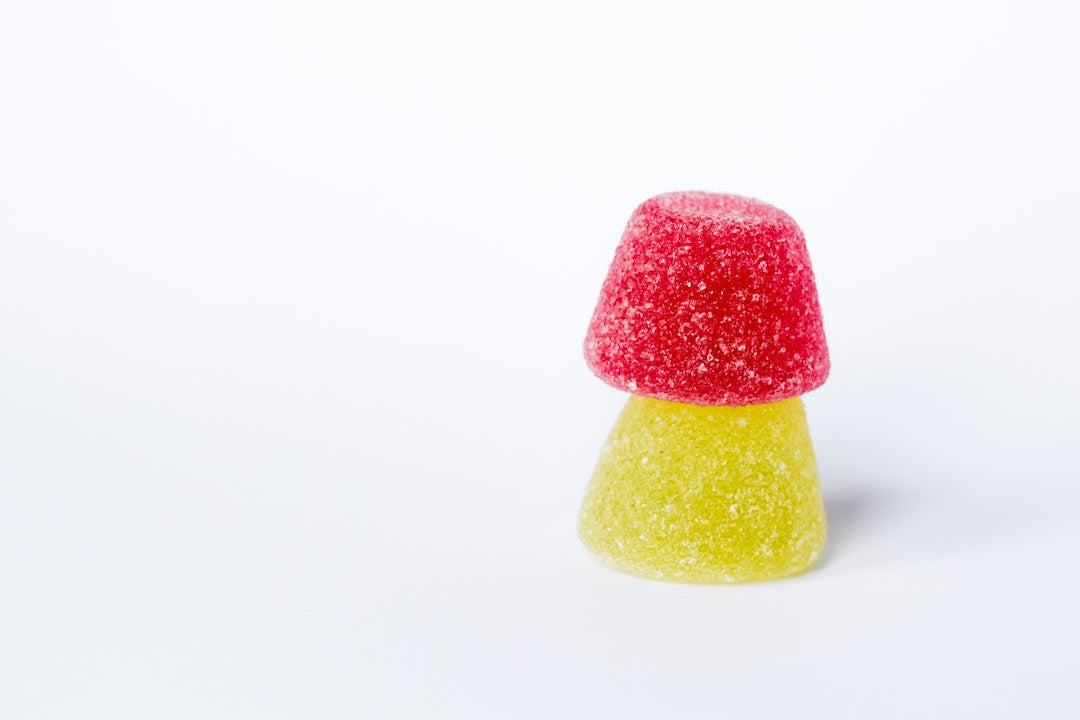Dream job alert! Laura Fayth is an adventurous beekeeper who loves honey so much, she actually travels the world to discover new and delicious honeys—which is why she calls herself the Honey Huntress. Her name originates from an 8,000 to 15,000 year old cave painting in Spain which depicts an early human (she thinks it's a woman) hunting honey. Suffice to say, this ancient artwork inspired her modern mission to hunt honey and spread global awareness about the bees.
Laura was first introduced to beekeeping while working on an organic farm on the island of Maui in 2011 and became fascinated by the ancient synergy between humans and honeybees. Now she is a traveling beekeeper—currently managing hives and educating guests on a ranch in the Colorado Rockies—and hosting honey tasting events for people from all over the world. Laura also created a website, HoneyHuntress.com, to serve as an adventurous guide to the diverse varieties and uses for honey across the globe and shares episodes of The Honey Huntress Adventures on her YouTube channel.
We recently had the chance to catch up with the huntress herself to chat about bees, sustainability, and just honey awesome honey truly is!
What inspired you to start beekeeping?
Many beekeepers say the bees chose them, and I have to echo this. Honeybees continued to present themselves to me in amazing ways while I was working on organic farms in Hawaii. They taught me many transformational lessons about fearing what we don’t understand, and I fell deeply, deeply in love with them.Tell us three lessons that you’ve learnt from the bees.
BREATHE! Observe. Love.
How has working closely with bees changed your perception of nature or the world around us?
I love researching Ancient Beekeeping, and I like to imagine the first human who ever tasted honey... that moment was true magic. When I can have reverence for mother nature and all she provides, I get to have true magic in my life every day.Tell us about your most memorable experience with your bees in your first year.
My first honey harvest was so transformational. I was training with a very holistic backyard beekeeper on Maui, and she invited a beautiful community of friends and family over to help harvest. We were all covered in honey by the end of the day: facials, hair, fingers... yet there was nothing messy about it. I have never been as high as a honey high. Pure elation.What is the most difficult thing about being a beekeeper?
I would love to have my own bees and land to nurture them with, but as a traveling soul I am still meeting honeybees all over the world.
What is one piece of advice you would give your 20 year old self?
If I had gotten into beekeeping at a younger age, I strongly believe it would have saved me from a lot of the trouble that I got into. A dedicated practice to the stewardship of the planet through these little pollinators is life-changing.What is you favorite bee product and why?
Fresh raw honeycomb! This is the purest of the pure. Untouched by human or air, cracking through the fragile wax and tasting the raw honey fresh from the comb it was created in, whew...this is heaven to me.Do you use any bee products for health purposes? Which ones?
I love honey facials! I also have quite the honey collection and usually take at least one spoonful of raw honey a day. (I’m dying to try Beekeeper’s Naturals B.Chill hemp honey!) I use bee pollen in my goat yogurt and oatmeal for extra protein and goodness. And right now, I’m about to make my first propolis tincture. I’m always experimenting with different bee medicines.
For those out there who fear the bees, what words of advice do you have?
I encourage you to face your fear. Search out a local beekeeper—most love to share the experience of their bees. Be smart, suit up, go with someone who can show you that fear is not needed. Watch a few honeybee documentaries like Queen of the Sun. Eat some raw honey and imagine all the hard work the bees did to create it.We openly believe that supporting ethical and sustainable beekeepers is an important part of helping the bees and generating awareness. How do you respond to people who question the practices of taking and consuming bee products?
I say question it! Question everything. Let’s talk about it. Let’s find holistic solutions so we can increase our bee population throughout the entire planet. I feel blessed that we still live at a time where we can source our honey from ethical and sustainable practitioners, and I believe it is extremely important to support the people out there making these efforts in apiculture. This field has been dominated by industrial, fast food, quick profit strategies for far too long. If we don’t support the ones doing it right, then big business wins and the planet loses.What does sustainable beekeeping mean to you?
Sustainable beekeeping really starts with sustainable agriculture and the food industry as a whole. We need to address the entire system. Sustainable beekeeping to me means teaching others how to grow their own organic food and flowers.
There is a major issue finding and maintaining clean space for the bees across North America. A lot of the farmland is bought up by large-scale producers and practices like monocropping and heavy pesticide usage has really affected our ecosystem. Have you been personally affected by these practices?
I’m originally from Wisconsin, which is a desert to bees, It is covered in fields of GMO corn and soy, and the cows that eat said crops. This topic hits close to home, and I think education can only go so far with people who don’t want to learn, and people who can’t afford to lose their farms. This is not to say education and awareness aren’t crucial for trying to find solutions. I am all for beekeepers sparking an agricultural revolution, which I feel is already happening in some pockets of our planet.Do you feel that people in your country are fairly conscious of the bees and their importance? Do you find that there is a great need to cultivate awareness of the hard work of our buzzing friends?
There is still a great need. I so appreciate your company and the amount of education tied to your products! A woman named Eva Crane traveled to over 60 countries in her life studying bees and teaching others about them. I envision a similar adventure for myself. The learning is infinite.What bee related lesson or practice do you wish more people would adopt?
Mindfulness. Also organic, local, plant-based diets.
Want to hear more from Laura? Head on over to honeyhuntress.com for lots more information about her adventures and follow her on Instagram @thehoneyhuntress!





